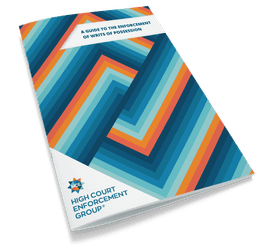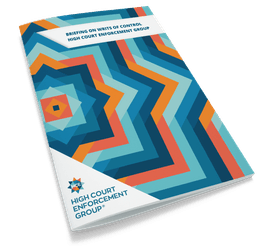Vulnerability and enforcement for the utility sector

As part of the CCRi round table discussions we have looked at some of the key issues around vulnerability as well as highlighting some of the progression that has been made over the past years.
Our enforcement agents are often the first to encounter the reality of vulnerability when they visit a debtor’s home. At the round table Alan J Smith, Director - Corporate Governance and Authorised High Court Enforcement Officer at HCE comments:
"It is a question of how you deal with vulnerability, and there is a need to refer the case back to the client, so that the client can understand the situation. We have clear national standards about how these cases should be dealt with, and it is dealt with within the regulations as well. Creditors need to understand that they also have their responsibilities within those national standards: so, if they are aware of potential vulnerability in advance, should they be sending it for enforcement? And, if they are, should they be making sure that the enforcement agent is aware that there is a potential vulnerability?”
Vulnerability is difficult to define and can be transient
Due to the nature of vulnerability being often transient, it can be difficult for the creditor to know what the current situation of the debtor is. The scale of vulnerability in the UK population should not be underestimated with the following statistics laid bare in the report "Making better use of data: identifying customers in vulnerable situations", which can be read in full here. The report states there are:
- Two million people living with sight loss
- 11 million people living with hearing loss
- 10% of the population are dyslexic
- 1 in 4 people will experience a mental health problem in any given year
- 3 million are disabled
What progress has been made for those who are vulnerable?
Digital Economy Act 2017
This act enables the sharing of data between Government and energy and water providers and vice versa to ascertain who might be entitled to support with their bills.
Priority services register
This is a free service provided by suppliers for vulnerable customers and customers will need to sign up to it. There are now over 6 million electricity users and 4.8 million gas users who have signed up.
The register now has PSR needs codes which give descriptions of vulnerabilities.
What else is being done
Some suppliers are offering alerts to customers letting them know via text message or email when their meter is running low, or if they are using a lot of energy. You can read the full Ofgem report here.
Trust funds and hardship funds
Some suppliers have established a pot of money to help customers who are struggling to pay their bills, and in some circumstances, these can be used to clear a debt.



